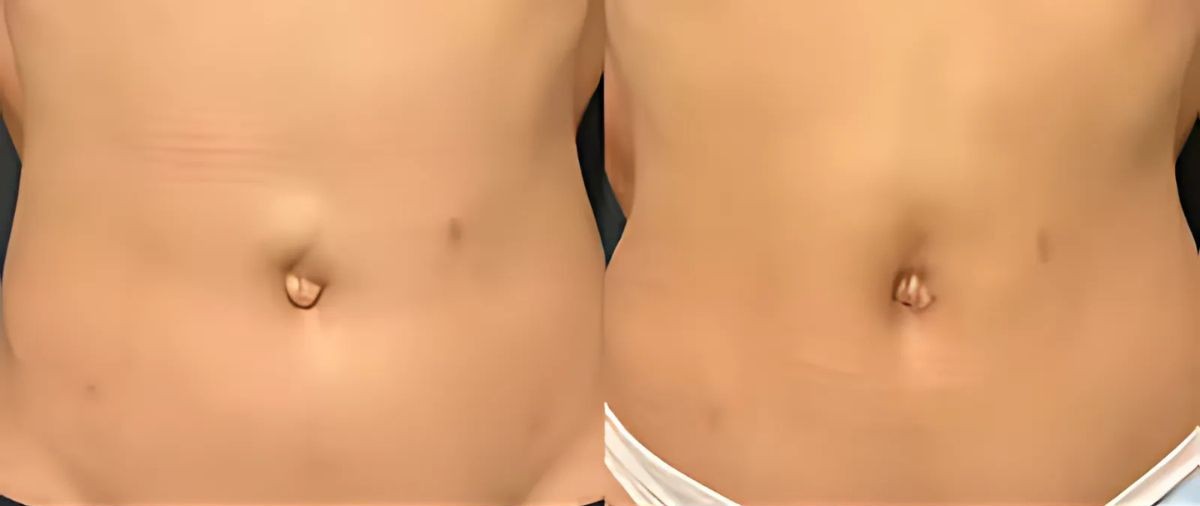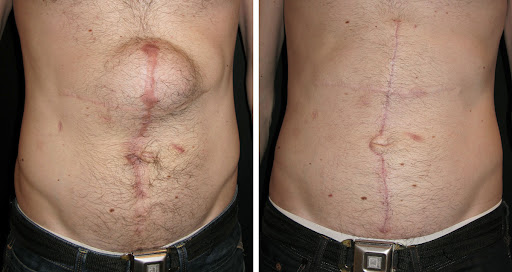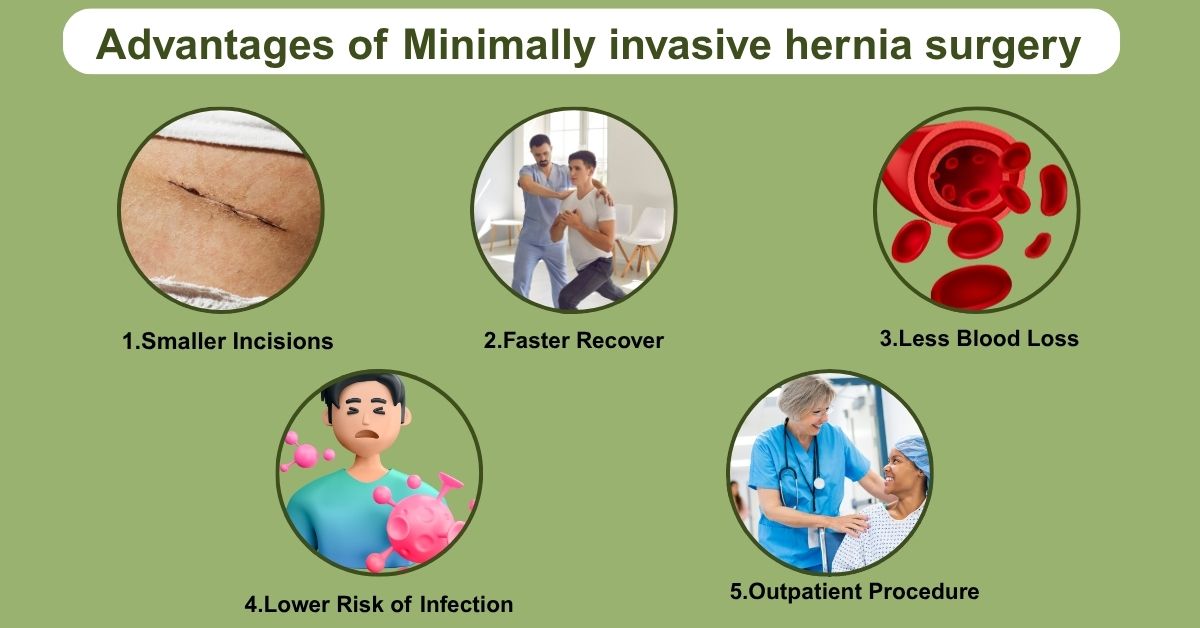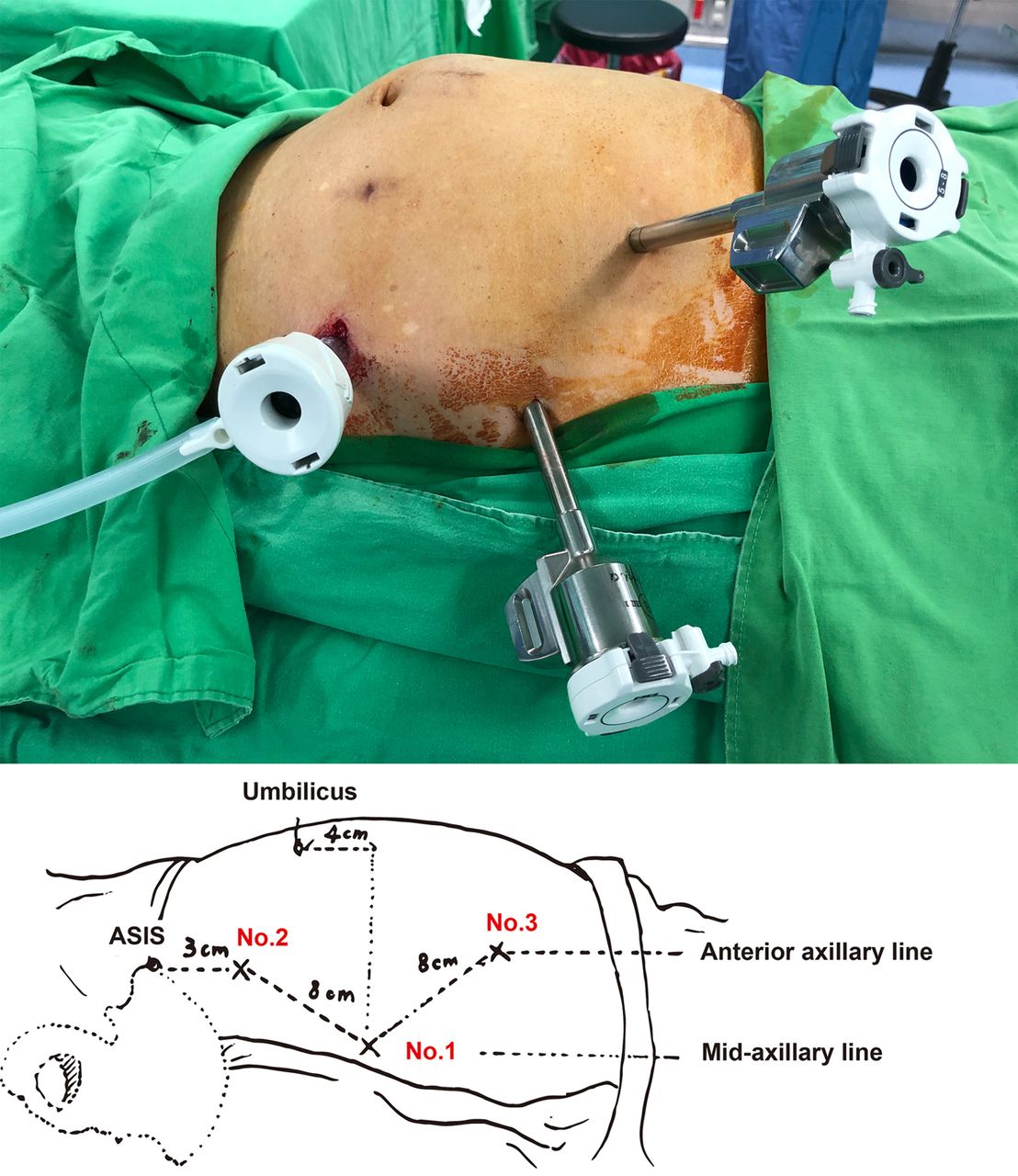Abdominal Hernia Surgery in Mumbai
Abdominal Hernia Surgery in Mumbai: Minimally Invasive Options
Abdominal hernias are a common health issue affecting many individuals globally. When left untreated, they can lead to discomfort and other serious complications. Thankfully, advancements in medical science have introduced minimally invasive surgical methods, offering patients quicker recovery times, less pain, and smaller scars. In Mumbai, a leading destination for medical tourism, residents and international patients alike benefit from the expertise of top surgeons in performing hernia surgeries. This blog will explore the types of abdominal hernia surgeries , the benefits of minimally invasive techniques, and introduce Dr. Vinay Jacob, a renowned surgeon specializing in hernia repair.

Understanding Abdominal Hernias
An abdominal hernia occurs when part of the intestine or fatty tissue pushes through a weak spot in the abdominal wall. This condition can manifest in various forms, with the most common being:
- Inguinal Hernia : Found in the groin area, affecting mostly men.
- Umbilical Hernia: Occurs around the belly button, often in infants or post-pregnancy women.
- Hiatal Hernia: When the upper part of the stomach pushes through the diaphragm.
- Incisional Hernia: Develops at the site of a previous surgical incision.
These hernias may not always cause immediate pain, but over time, they can worsen and lead to complications like bowel obstruction or strangulation, which requires urgent surgery. Recognizing the signs early and seeking timely medical intervention can prevent severe health issues.

Traditional vs. Minimally Invasive Hernia Surgery
In the past, hernia repair surgery involved large incisions and longer recovery times. Traditional open surgery required cutting through layers of muscle and tissue, leading to significant pain and extended hospitalization. However, the advent of minimally invasive surgery has revolutionized the way hernia repairs are done.
Minimally invasive hernia surgery involves smaller incisions, typically 1-2 cm in length, and the use of specialized tools, including a laparoscope (a tiny camera). This method offers several advantages:

- Smaller Incisions: Reduced scarring and a less noticeable result.
- Faster Recovery: Patients often experience less pain and can return to normal activities much sooner.
- Less Blood Loss: Smaller cuts lead to reduced bleeding during the procedure.
- Lower Risk of Infection: The reduced size of the incision minimizes the chances of infection.
- Outpatient Procedure: Many minimally invasive hernia surgeries can be done on an outpatient basis, meaning you can go home the same day.
These benefits make minimally invasive surgery a preferred option for many patients.
Types of Minimally Invasive Hernia Surgery

- 1. Laparoscopic Hernia Repair This technique uses small incisions to insert a laparoscope, which sends live images to a monitor. The surgeon then uses small tools to repair the hernia, often reinforcing the weakened area with a mesh. Laparoscopic hernia repair is commonly used for inguinal and umbilical hernias.
- 2. Robotic-Assisted Hernia Surgery Robotic surgery takes laparoscopic surgery to the next level by using robotic arms controlled by the surgeon. This method offers greater precision, and the ability to move tools with enhanced dexterity, making it ideal for complex cases. Robotic surgery allows for better visualization and the capability to work in tight spaces with minimal invasiveness.
Both methods have revolutionized hernia surgery, enabling patients to experience quicker recovery times and reduced discomfort.
Dr. Vinay Jacob is a distinguished Senior Plastic and Reconstructive Surgeon with over 25 years of experience. He specializes in complex surgeries, including abdominal hernia repair, and is known for his expertise in minimally invasive techniques. Dr. Jacob's approach combines advanced technology with a compassionate care philosophy, ensuring patients receive the best possible outcomes with the least amount of discomfort. His areas of specialization include: Gender-Affirming Surgeries, Hand & Facial Rejuvenation, Nasal & Respiratory Procedures, Limb Salvage & Prosthetics Integration, Body Contouring & Fat Reduction, Abdominal & Hernia Repair, Neurological & Pain Relief Surgeries, Breast Reconstructive Surgery
Dr. Vinay Jacob is currently available for consultations at his clinic, Reconstructive Surgery Centre. To schedule an appointment, you can visit the clinic directly or contact the clinic by phone.
FAQs about Hernia Surgery
- How do I know if I need hernia surgery? Not all hernias require immediate surgery, but if you experience pain, bulging, or discomfort, especially when lifting or straining, it's important to consult a doctor. Larger hernias, or those that become incarcerated (stuck), need to be repaired surgically.
- What is the recovery time for minimally invasive hernia surgery? Recovery times vary, but most patients can return to light activities within 1-2 weeks. Strenuous exercise and heavy lifting should be avoided for 4-6 weeks. The minimally invasive approach typically results in quicker recovery compared to traditional methods.
- Is minimally invasive surgery safe for all types of hernias? Yes, minimally invasive surgery is a safe and effective option for many hernia types, including inguinal, umbilical, and hiatal hernias. Your surgeon will evaluate the type of hernia and determine the best approach for you.
- Are there any risks associated with minimally invasive hernia surgery? As with any surgery, there are risks, including infection, bleeding, and injury to nearby organs. However, the risks associated with minimally invasive surgery are generally lower than those of traditional open surgery.
- What can I expect after surgery? After surgery, you may experience some swelling and discomfort around the incision site. Most patients are able to resume normal activities within a few weeks. Following your surgeon's post-operative care instructions will help ensure a smooth recovery.
Conclusion
Abdominal hernia surgery, particularly using minimally
invasive techniques, has significantly improved the treatment process for patients. With
faster recovery, less pain, and minimal scarring, patients now have access to a more
comfortable and effective surgical experience. If you're experiencing the signs of a
hernia or have been advised to undergo surgery, it's crucial to consult with a qualified
surgeon like Dr. Vinay Jacob, who can guide you through the best treatment options
available.
Remember, seeking professional advice early can prevent complications and
ensure a smoother recovery. If you or someone you know is suffering from a hernia, don't
hesitate to explore your treatment options today.

